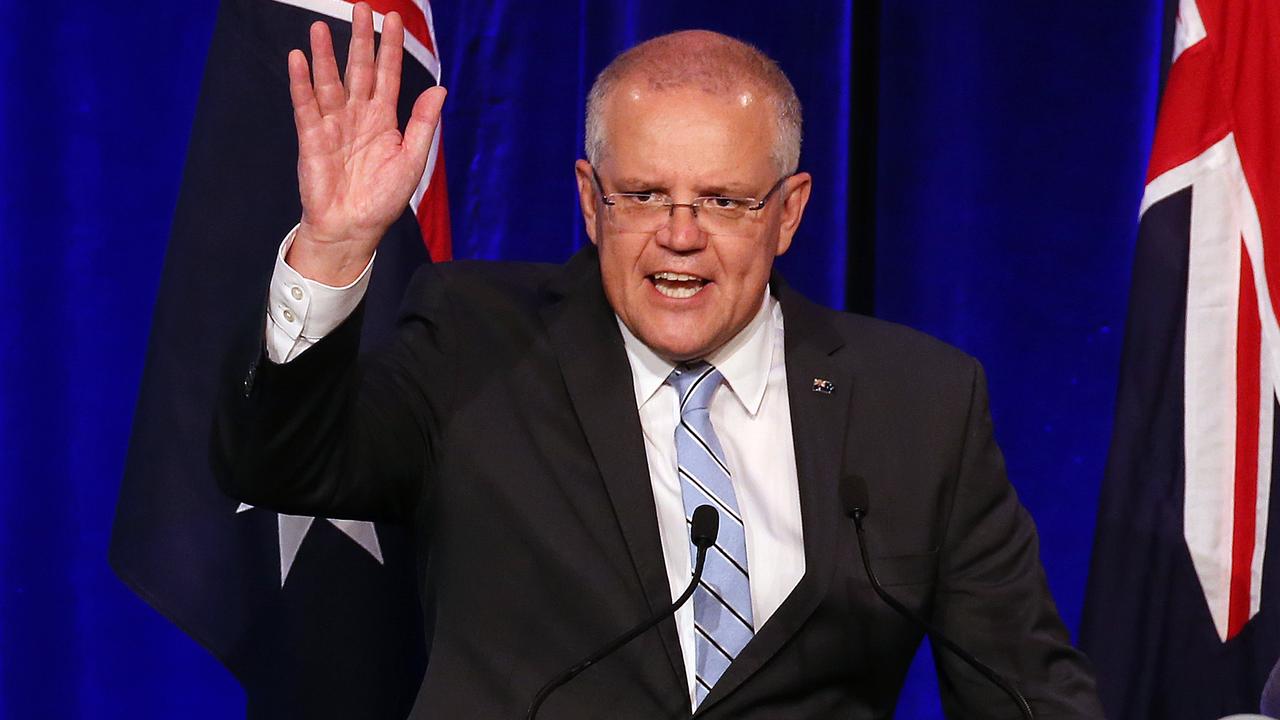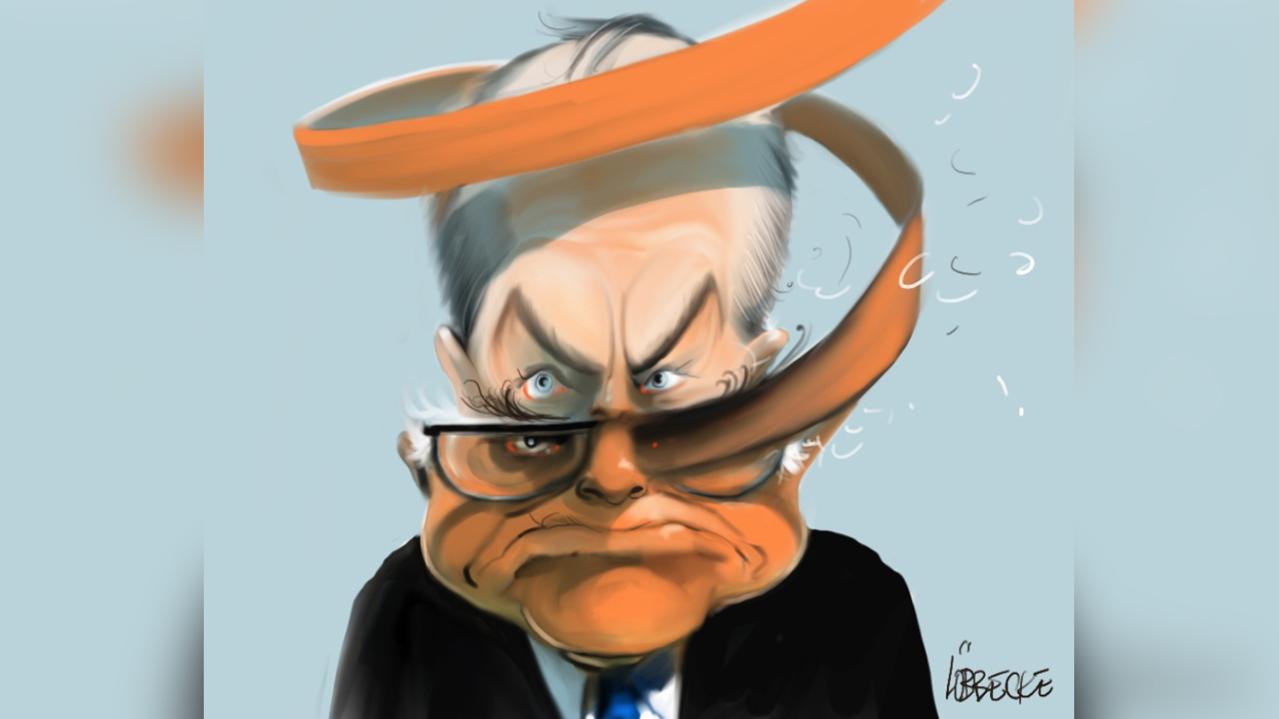Turnbull facing tough times as Coalition loses momentum
Managing expectations has long been a Coalition weakness. Labor is so much better at the spin associated with claiming underdog status. Even though no opposition has lost a by-election in a seat it holds for nearly 100 years, Labor successfully got the narrative out in the public that Longman is a traditional Liberal seat and so is Braddon. Therefore the odds were that one or both would fall.
Braddon is not a traditional Liberal seat, and the Labor candidate in Longman was widely regarded as an excellent campaigner. In both seats, the Liberals picked failed former candidates, to go with a fourth-generation Downer flying in to a state she hadn’t lived in for years to claim her birthright in Mayo.
The polls didn’t help Malcolm Turnbull either, nor did the long campaign (yes, I know technically the AEC determined the date).
Polls showing a tight contest left many commentators echoing Labor’s spin, predicting the Liberals would bag one or both of the key seats on offer — especially given One Nation was directing preferences the way of the LNP in Longman when it hadn’t done so in 2016.
But that ignored the reality that One Nation is a far stronger force now than it was in 2016, and its voters rarely follow the how-to-vote card anyway.
A spike in the ONP vote was largely at the expense of the LNP primary vote, and of course the candidate, Trevor Ruthenberg, tainted himself during the campaign by wrongly claiming a military medal he did not receive.
By-elections usually see a swing of nearly 5 per cent away from the government on average. In Braddon, there was virtually no swing, and in Longman it was less than the long-run average. In other words, results which without Labor’s successful spin would stack up well.
All of which points to expectations rising beyond reality when it came to how Turnbull would perform, but the aftermath will nonetheless prove difficult for him.
His internal opponents will claim he isn’t a good campaigner, which happens to be true.
The “kill Bill” strategy seems to be dead in the water, and Anthony Albanese is no longer a leadership threat that can be exploited by the government as Labor instability.
Throw in the revelations on the campaign trail this last month that Labor is better at grassroots campaigning and marshalling personnel and money into targeted seats, and it all adds up to a tough time ahead for Turnbull.
His only saving grace remains that there is no ready-made alternative leader who can trail his or her coat. Tony Abbott is well and truly yesterday’s man, Peter Dutton doesn’t have broad enough appeal, Julie Bishop is too internally divisive and Mathias Cormann is in the wrong chamber.
Scott Morrison might fancy his chances, but he hasn’t excelled sufficiently at selling the government’s economic credentials in an increasingly good economic context to step up into the leadership.
All of which doesn’t even account for the inevitable transaction costs of changing leaders.
Momentum is everything in politics, especially in the second half of the year. Because the perception if not the reality was that the government should be able to win a seat on Super Saturday, but didn’t, it has lost momentum just as the parliament is about to return from the winter break.
That will help it rack up another Newspoll defeat, the 37th on the trot, and it will make it harder for Turnbull to command authority during the myriad debates slated for the second half of the year — from the energy debate to David Leyonhjelm’s euthanasia bill to the ongoing sales pitch for company tax cuts.
Peter van Onselen is a professor at The University of Western Australia and Griffith University



To join the conversation, please log in. Don't have an account? Register
Join the conversation, you are commenting as Logout